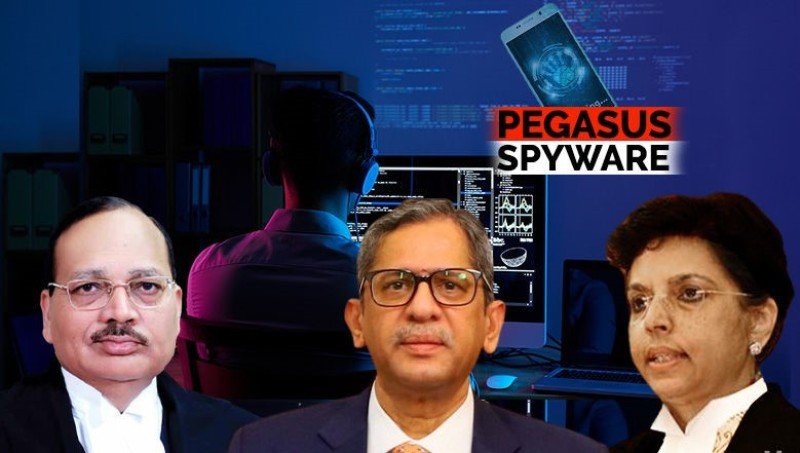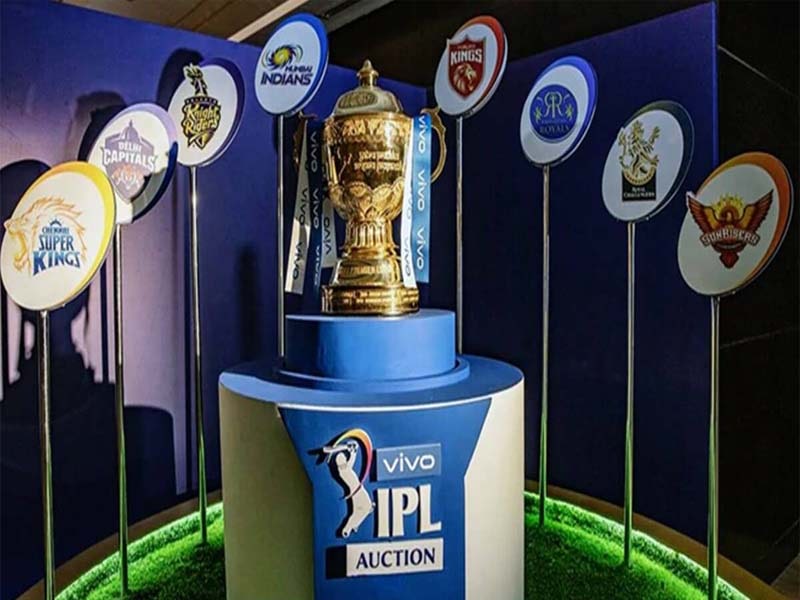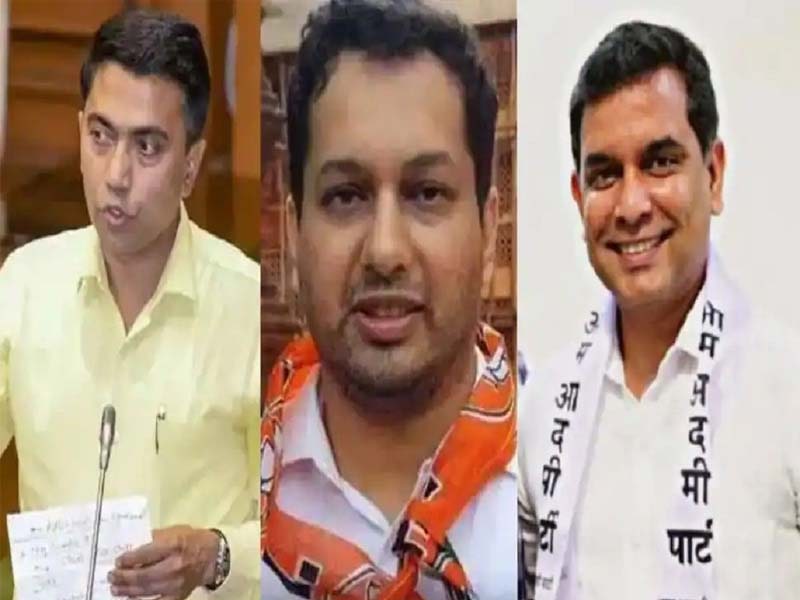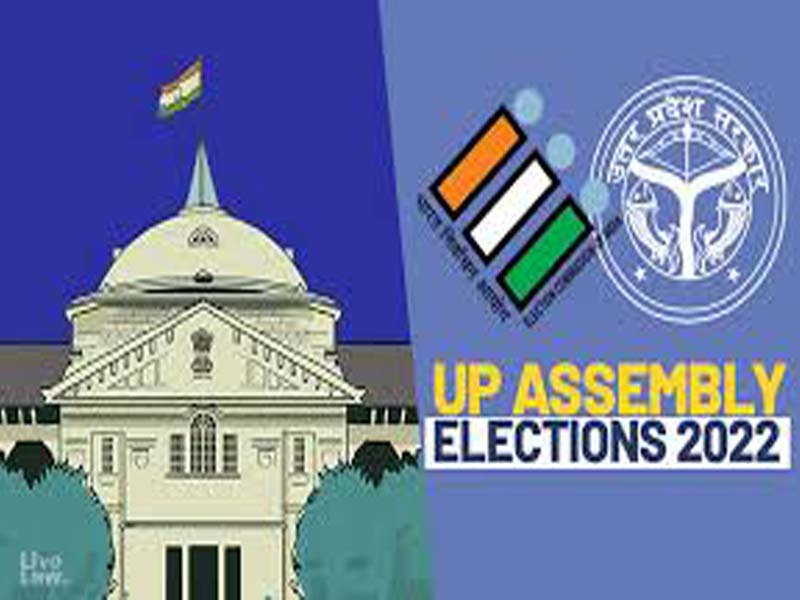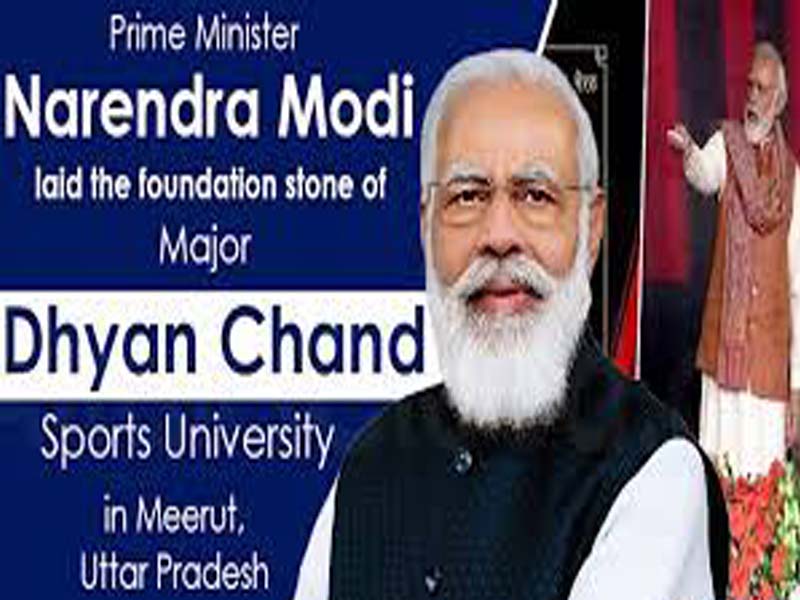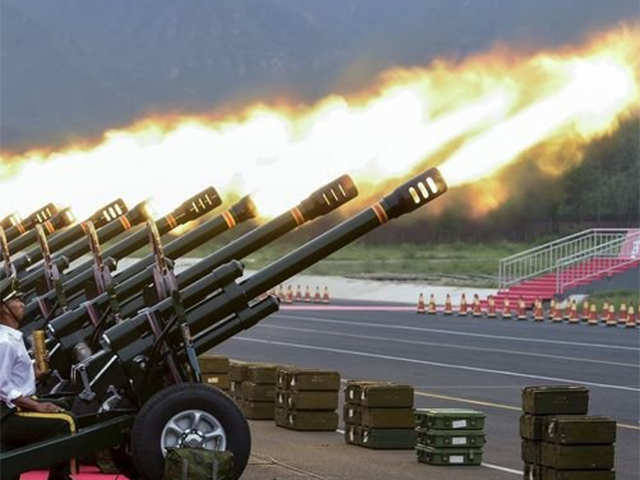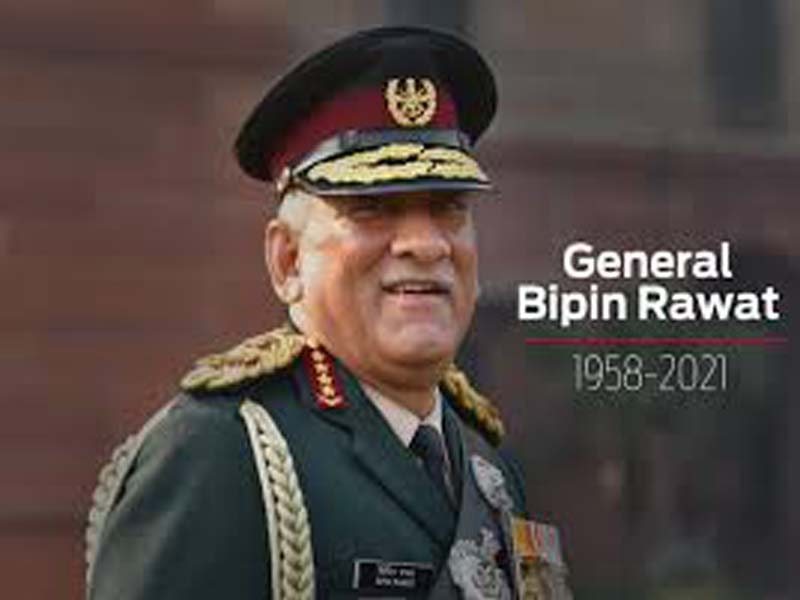Independent Expert Committee to probe Pegasus snooping allegations – Supreme Court

Pegasus is a software developed by an Israeli firm ‘NSO Group Technologies’. It can be covertly installed on mobile phones (and other devices) running most versions of iOS and Android. Pegasus exploitation was identified in August 2016, capable of reading text messages, tracking calls, collecting passwords, location tracking, accessing the target device’s microphone and camera, and harvesting information from apps. However the company states that it provides “authorized governments with technology that helps them combat terror and crime.” Arab human rights defender Ahmed Mansoor received a text message promising “secrets” about torture happening in prisons in the United Arab Emirates by following a link. Mansoor sent the link to Citizen Lab, who investigated, with collaboration of Lookout, finding that if Mansoor had followed the link it would have jail broken his phone and implanted the spyware into it, in a form of social engineering. The Citizen Lab linked the attack to the NSO Group. On August 23, 2020, the Israeli newspaper Haaretz and in December 2020, the Al Jazeera newspaper found that Pegasus spyware software was sold to the United Arab Emirates, other Gulf States and Israel for surveillance of anti-regime activists, journalists and political leaders from rival nations. In July 2021, widespread media coverage along with an in-depth analysis by human rights group Amnesty International uncovered that Pegasus was still being widely used against high-profile targets. The cause of uproar was that the software is sold to the government agencies only and not to any private firms or individual, though the contract is usually not signed directly between the NSO Group and a government agency to minimize the risk of exposure. It is signed between two front companies on behalf of both parties, but the contract identifies the government agency as the end user. It doesn’t allow a change in the end user nor the transfer of the services and technology to another party. Surveillance is legal in India under defined procedures but hacking is not and this makes the use of Pegasus illegal.
• Article 21 of the Constitution states, “No person shall be deprived of his life or personal liberty except according to a procedure established by law.” Thus, it secures two rights: Right to life and Right to personal liberty. • Article 12 of Universal Declaration of Human Rights (1948). • Article 17 of International Covenant on Civil and Political Rights. India is party to it. • Article 8 of European Convention on Human Rights. All these charters protect right to privacy of an individual. A 7-Judge Bench of the Supreme Court in Maneka Gandhi vs Union of India (1978) held that personal liberty in Article 21 covers a variety of rights and some of them have been given additional protection under Article 19. The Supreme Court in PUCL vs Union of India (1996) affirmed that telephone tapping infringed the fundamental right to privacy and created safeguards against arbitrariness in the exercise of the state’s surveillance powers. The culmination of this case was a sensational allegation by Chandra Shekhar in 1990, (before he became the Prime Minister) levelled against the V.P. Singh-led government that it was illegally tapping the telephones of 27 politicians, including his own. The Court laid down certain procedural safeguard for exercising powers under Sec. 5(2) of the Indian Telegraph Act.
In late 2019, Facebook initiated legal action against NSO, claiming that Pegasus had been used to intercept the WhatsApp communications of a number of activists, journalists and bureaucrats in India, leading to accusations that the Indian government was involved. Many mobile numbers of about 40 Indian journalists, political leaders, election strategist, former ECI member etc. were reported in the media as the potential targets of the spyware service given by NSO Company to the government. Several petitions were thereafter filed by people including advocate M L Sharma, journalists N Ram and Sashi Kumar, CPI (M) Rajya Sabha MP John Brittas, social activist Jagdeep Chhokkar, and the Editors Guild of India before the Supreme Court seeking an independent probe into the matter and for protection of privacy and freedom of speech. The bench comprising Chief Justice of India N V Ramana, Justice Surya Kant and Justice Hima Kohli issued notice before admission to the Central Government on 17th August. The bench on September 13 reserved interim order after the Central Government expressed unwillingness to file an affidavit stating whether it has used the Pegasus spyware or not. Solicitor General Tushar Mehta told the bench that the matter was related to national security and hence cannot be made a subject matter of a judicial debate or public discourse. However, taking note of the seriousness of the allegations, the Centre had
agreed to constitute a technical committee to examine the issue and the said committee will submit a report to the Court, the SG added. The bench observed that it did not want any details pertaining to national security or Defence but was only seeking clarification regarding allegations of snooping of civilians. On 27 October 2021, the Court ordered the constitution of an independent expert committee to look into the allegations of widespread and targeted surveillance using the Pegasus spyware. The functioning of the committee will be overseen by retired Supreme Court Judge R V Raveendran. The Judge will be assisted by: 1. Alok Joshi, former IPS officer 2. Dr. Sundeep Oberoi, Chairman, Sub Committee in (International Organization of Standardization/ International Electro-Technical Commission /Joint Technical Committee). The three members Technical Committee shall comprise: 1. Dr. Naveen Kumar Chaudhary, Dean, National Forensic Sciences University, Gandhinagar, Gujarat. 2. Dr. Prabaharan P., Professor, Amrita Vishwa Vidyapeetham, 3. Dr. Ashwin Anil Gumaste, IIT Bombay The Court has asked the committee to investigate the matter expeditiously. The matter will be listed after 8 weeks.
The judgment pronounced by the Chief Justice of India NV Ramana said that the Court was constrained to pass this order due to the following “compelling circumstances”. • Right to privacy and freedom of speech are alleged to be impacted, which needs to be examined. • The entire citizenry is affected by such allegations due to the potential chilling effect. • No clear stand taken by the Government of India regarding actions taken by it. • Possibility that some foreign authority, agency or private entity is involved in placing citizens of this country under surveillance. Right to privacy and freedom of speech are an essential component of right to life and personal liberty in a democratic State. The Constitution guarantees it and the Supreme Court has once again affirmed it in this judgment

